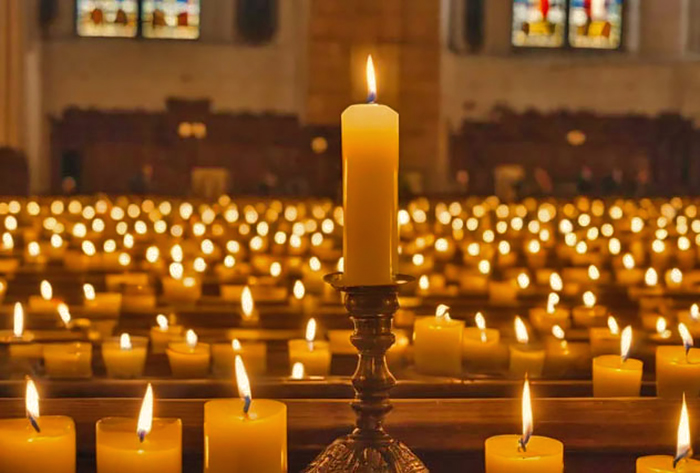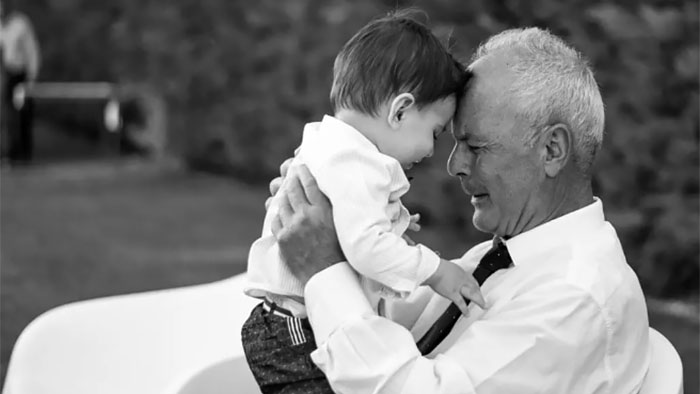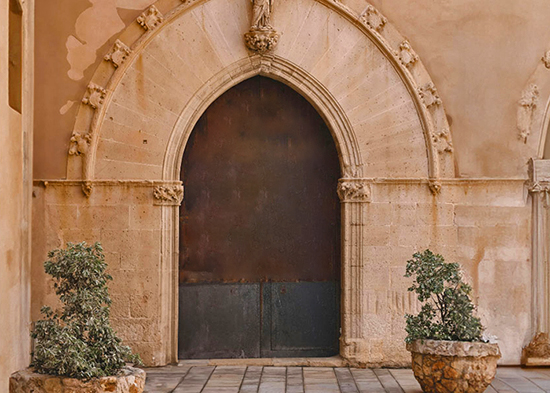
It has been written by many great theologians and mystics that we come into the world already knowing, however dimly, perfect oneness, perfect truth, perfect goodness, and perfect beauty because they already lie inside us like an unerasable brand. Some gave this a mythical expression. They taught that the human soul comes from God and that the last thing that God does before putting a soul into the body is to kiss the soul. The soul then goes through life, always dimly remembering that kiss, a kiss of perfect love, and the soul measures all of life’s loves and kisses against that primordial perfect kiss. The ancient Greek Stoics taught something similar. They taught that souls preexisted inside God and that God, before putting a soul into a body, would blot out the memory of its preexistence. But the soul would then always be unconsciously drawn towards God because, having come from God, it would always dimly remember its real home, God, and ache to return there. On this All Souls Day, when we take time to remember those who have departed, as I do for my aunts, uncles, cousins, in-laws, friends, and most importantly, my sister, mother, and father, I pray that they are experiencing this very day the fulfillment of the longing that St. Augustine spoke about over 1700 years ago: “You have made us for yourself, Lord, and our hearts are restless until they rest in you.”









